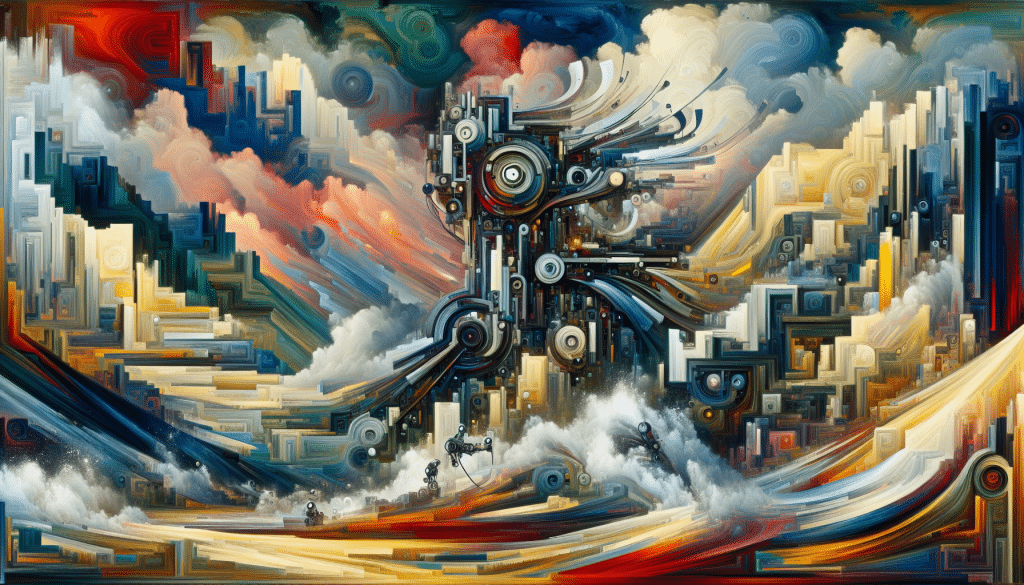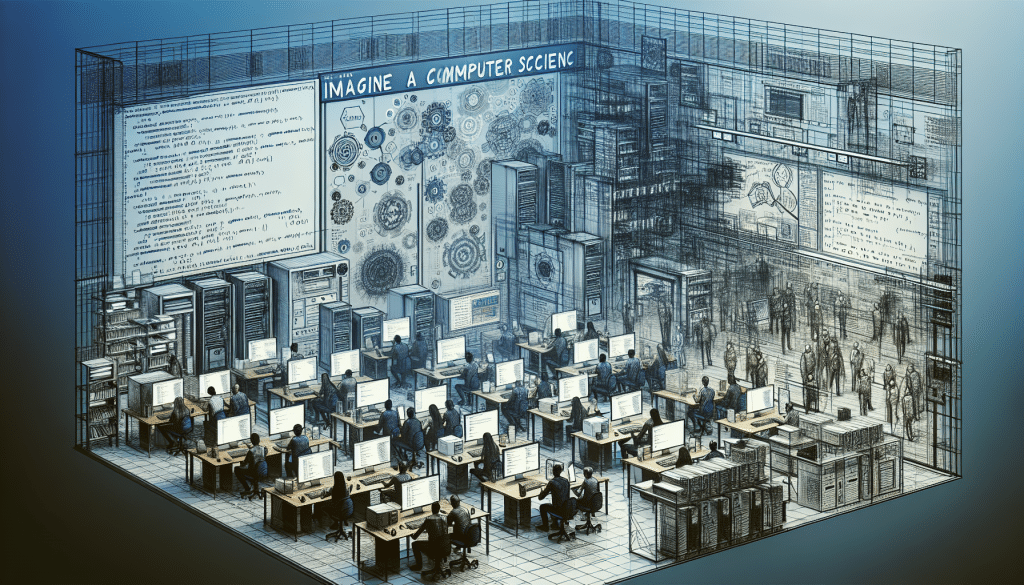Robotics and Automation

Robotics and automation have become increasingly prevalent in various industries, revolutionizing the way we work and produce goods. From manufacturing to healthcare, these technologies have had a tremendous impact on efficiency, productivity, and safety. In this article, we will explore the influence of robotics and automation on industries, as well as advancements in this field that are shaping the future of work.
The Impact of Robotics and Automation on Industries
One of the most significant impacts of robotics and automation on industries is the increased efficiency and productivity they bring. With the ability to perform repetitive tasks with precision and consistency, robots have the potential to greatly streamline production processes. This not only reduces the time it takes to manufacture goods but also minimizes errors and waste, ultimately leading to cost savings for companies.
Furthermore, robotics and automation have also improved workplace safety by taking over hazardous tasks that are dangerous for humans to perform. In industries such as manufacturing and construction, robots can handle tasks in environments that may be too hot, cold, or toxic for humans to work in safely. This reduces the risk of workplace accidents and injuries, creating a safer work environment for employees.
Another key impact of robotics and automation on industries is the potential for job displacement. While these technologies have the capacity to boost productivity and efficiency, they also have the ability to replace certain roles traditionally performed by humans. As a result, workers may need to acquire new skills and adapt to new roles as automation becomes more prevalent in the workforce.
Advancements in Robotics: A Look into the Future
Looking ahead, advancements in robotics are set to transform industries even further. With the development of artificial intelligence and machine learning, robots are becoming more autonomous and capable of performing complex tasks that previously required human intervention. This opens up new possibilities for automation in areas such as logistics, healthcare, and agriculture.
Moreover, the integration of robotics with other emerging technologies such as 5G connectivity and Internet of Things (IoT) will enable robots to communicate and collaborate seamlessly with other machines and systems. This interconnectedness will lead to even greater efficiency and productivity gains in industries, as robots work together in a coordinated manner to accomplish tasks more effectively.
In conclusion, robotics and automation are reshaping industries in profound ways, from increasing efficiency and productivity to improving workplace safety. As advancements in robotics continue to push the boundaries of what is possible, the future of work is likely to be characterized by further automation and integration of intelligent machines. It is essential for industries to embrace these technologies and adapt to the changing landscape to stay competitive in the global market.
===OUTRO:





















Responses